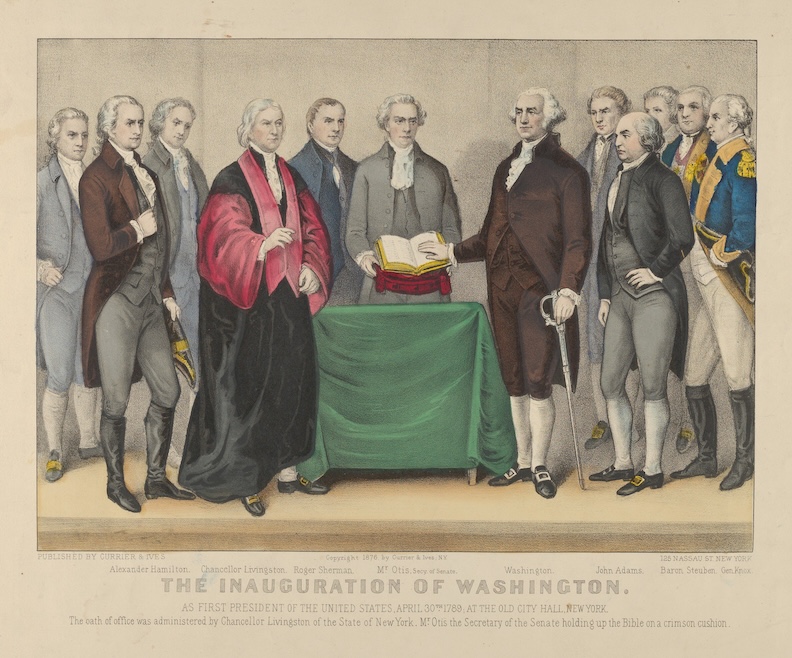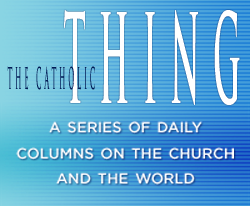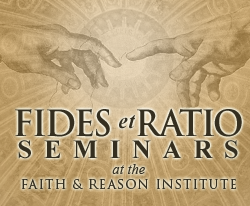A Work of Special Providence
This is a red-letter day for the United States of America. We come to the end of a deeply divided, often bad-tempered – someone might even say venomous – national contest. The Constitutional order held, the vote was clear, and today there will be yet another peaceful transfer of power between two parties, despite little love for one another.
“Democracy,” in short, did not die.
Anyone who believes that our Constitution is an outdated eighteenth-century document inadequate for dealing with modern conditions – as a recent former president has suggested – might be asked: What, in such contentious circumstances, might have worked better?
At the Third Plenary Council of Baltimore in 1884, our bishops debated the pros and cons of America’s Constitutional order. But Archbishop James Gibbons, speaking on behalf of his fellow bishops, concluded: “We consider the establishment of our country’s independence, the shaping of its liberties and laws, as a work of special Providence, its framers ‘building better than they knew,’ the Almighty’s hand guiding them.”
A just judgment, except that the framers – including Charles Carroll, the Maryland Catholic who signed the Constitution – knew quite a lot about how states had succeeded and failed in the past. They did their best in terms of institutional structure, designing a democratic republic, to avoid such disasters on these shores. For the rest, as Franklin famously remarked, it would depend on the people to keep it.



